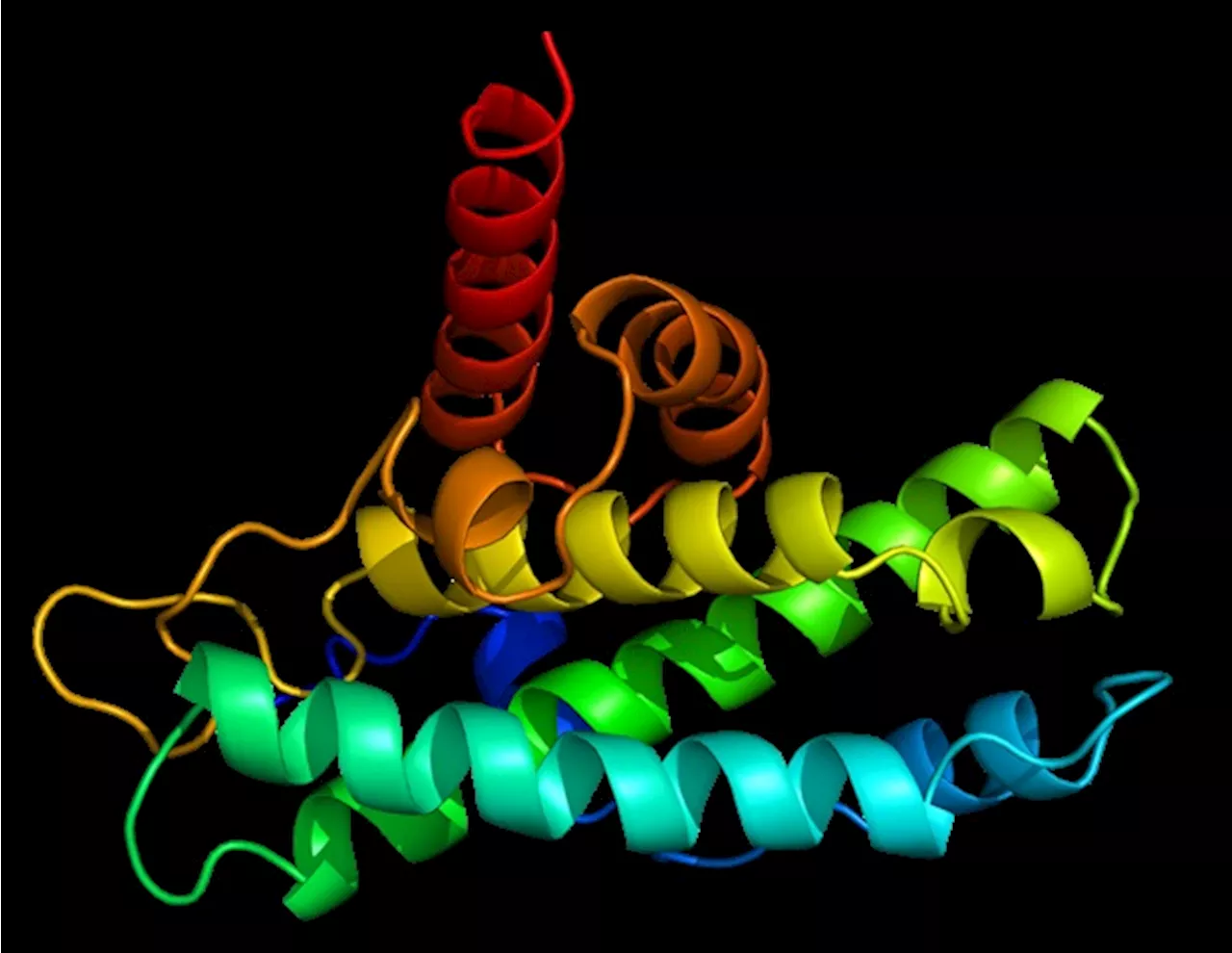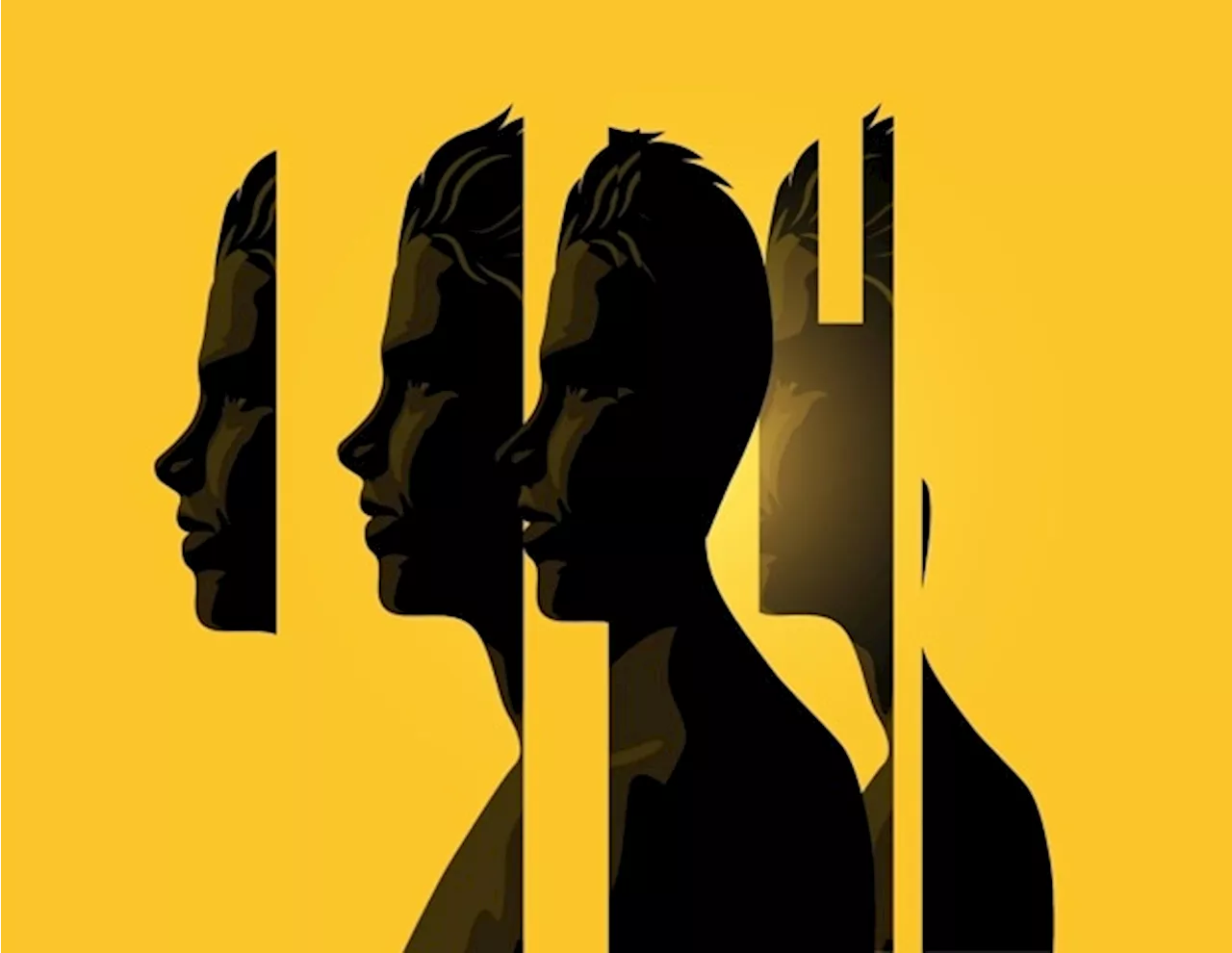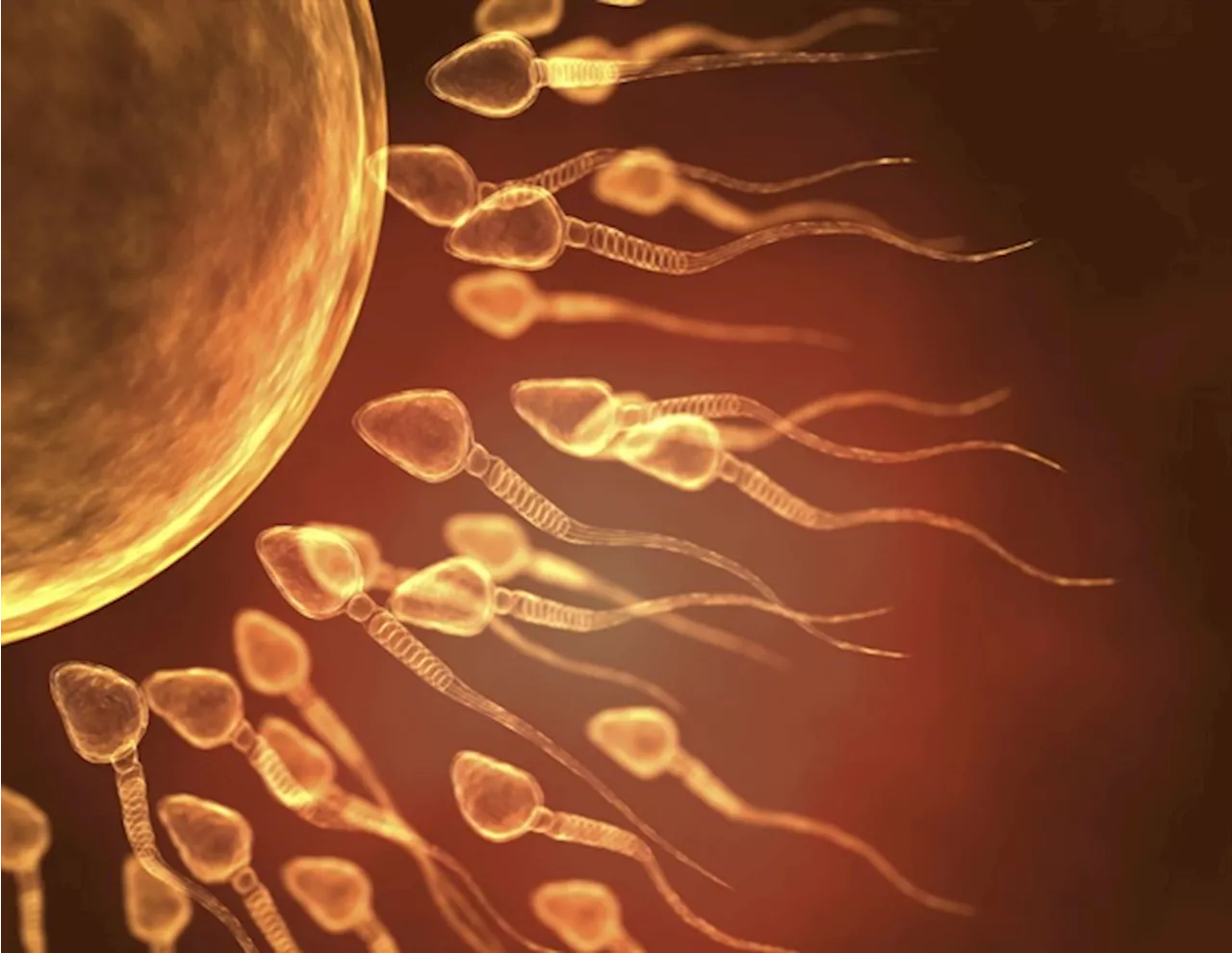The brain, traditionally considered an immune-privileged organ due to the blood-brain barrier (BBB), has its own sophisticated immune defense system.
Xia & He Publishing Inc.Nov 6 2024 The brain, traditionally considered an immune-privileged organ due to the blood-brain barrier , has its own sophisticated immune defense system. Microglia, the primary immune cells of the central nervous system , are crucial for immune surveillance and maintaining brain health. Alongside microglia, astrocytes play a pivotal role in supporting brain functions, including metabolism, neurotransmitter regulation, and maintaining the BBB.
Neuroinflammation and disease progression Chronic neuroinflammation, primarily driven by activated microglia and astrocytes, is a hallmark of neurodegenerative diseases. In Alzheimer's disease, microglia initially clear amyloid-β plaques but, over time, their chronic activation contributes to sustained inflammation and synapse loss. Similarly, astrocytes, especially in their reactive A1 state, exacerbate neuronal damage by releasing cytotoxic substances.
Impact of infections and pathogens on neurological diseases Infectious agents, despite the brain's immune privilege, can infiltrate the CNS and provoke significant inflammatory responses. Pathogens such as neurotropic viruses and bacteria can breach the BBB, leading to conditions like encephalitis or meningitis.
Blood Brain Central Nervous System Chronic Cytokines Genetic Inflammation Medicine Metabolism Microglia Nervous System Neurodegeneration Neurodegenerative Diseases Research
United States Latest News, United States Headlines
Similar News:You can also read news stories similar to this one that we have collected from other news sources.
 Understanding the mysterious cells in the brain's visual cortexImagine yourself sometime in the far future aboard a routine rocket to Mars. Someone just spilled their drink. Without gravity, it collects in floating blobs that ripple right before your eyes. Now freeze.
Understanding the mysterious cells in the brain's visual cortexImagine yourself sometime in the far future aboard a routine rocket to Mars. Someone just spilled their drink. Without gravity, it collects in floating blobs that ripple right before your eyes. Now freeze.
Read more »
 Study reviews BNMs' role in understanding brain disordersA research team from the International Research Institute for Artificial Intelligence at Harbin Institute of Technology, Shenzhen, has recently published a comprehensive review in the journal Health Data Science on the application of Brain Network Models (BNMs) in the medical field.
Study reviews BNMs' role in understanding brain disordersA research team from the International Research Institute for Artificial Intelligence at Harbin Institute of Technology, Shenzhen, has recently published a comprehensive review in the journal Health Data Science on the application of Brain Network Models (BNMs) in the medical field.
Read more »
 Breakthrough in understanding microtubule formation in cellsInside every cell, a network of tiny filaments, called the microtubule cytoskeleton, helps maintain the cell's shape, allows it to divide, and transports vital materials from one part of the cell to another.
Breakthrough in understanding microtubule formation in cellsInside every cell, a network of tiny filaments, called the microtubule cytoskeleton, helps maintain the cell's shape, allows it to divide, and transports vital materials from one part of the cell to another.
Read more »
 Radio Presenter Publishes Book To Inspire Travel And Cultural UnderstandingAvid traveller Nadeem Ahmed, from Accrington, has written 'The Travel Adventures of Momo and Coco', a collection of 10 short bedtime stories inspired by his seven-year-old nephew. The book aims to inspire people to travel and learn more about different cultures through a child's perspective.
Radio Presenter Publishes Book To Inspire Travel And Cultural UnderstandingAvid traveller Nadeem Ahmed, from Accrington, has written 'The Travel Adventures of Momo and Coco', a collection of 10 short bedtime stories inspired by his seven-year-old nephew. The book aims to inspire people to travel and learn more about different cultures through a child's perspective.
Read more »
 Understanding why some children develop PTSD and anxiety after traumaA new study has shed light on why some children and adolescents develop mental health disorders like PTSD, anxiety, or depression after experiencing a traumatic event.
Understanding why some children develop PTSD and anxiety after traumaA new study has shed light on why some children and adolescents develop mental health disorders like PTSD, anxiety, or depression after experiencing a traumatic event.
Read more »
 Understanding the impact of sperm DNA damage on IVF pregnancy risksFor the first time, researchers have linked specific frequent defects in sperm to risk of pregnancy complications and negative impacts on the health of the baby.
Understanding the impact of sperm DNA damage on IVF pregnancy risksFor the first time, researchers have linked specific frequent defects in sperm to risk of pregnancy complications and negative impacts on the health of the baby.
Read more »
